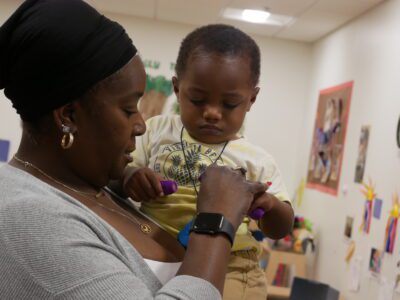

|
|
This Perspective was originally published as a blog post for the North Carolina Early Childhood Foundation on September 15, 2023.
We now have 15 years of research documenting something that still shocks most people who have never experienced it for themselves: each day, over 250 children are suspended or expelled from preschool in the United States. Consistent school attendance in the early grades improves children’s learning and achievement.
Although we primarily hear about exclusionary discipline practices in high schools, children in child care and preschool programs — including those as young as 2 years old — experience suspension and expulsion at alarmingly high rates. Children in child care and preschool settings are expelled at a rate three times higher than high schoolers. Suspension and expulsion can lead to an aversion to school and a higher likelihood for chronic absence issues.
Some of the early reports on preschool exclusion showed that North Carolina is among the states with a high rate of expulsion, with 13 per 1,000 children expelled from the state funded pre-kindergarten program, compared to the national average of 7 per 1,000 children.
In contrast to this high rate of pre-kindergarten expulsion, North Carolina has a dramatically lower rate of only 2 per 1,000 students expelled in the K-12 system. This pattern suggests that part of the problem may be the resources available to early educators for supporting children exhibiting behavior challenges and the guidelines that govern the use of exclusion as a disciplinary measure in preschools.
Read the full brief here and visit our End Early Learning Exclusion page for more resources.





